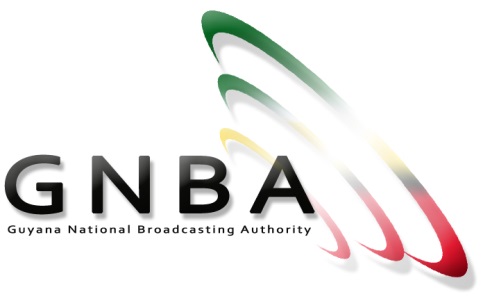Guidelines for Broadcasters
The Broadcasting Act, 2011, identifies a number of functions of the Authority at section 18. Within these functions is the making of rules, guidelines and standards covering different areas of broadcasting. The following rules are identified in the Act:
- Rules to govern the timing, duration, frequency and content of advertising and publication of advertising tariffs;
- Rules giving guidance in connection with balance and fairness on matters of national political or industrial controversy or relating to current public policy;
- Rules for programmes; and
- Rules for advertisements.
It also identifies certain guidelines for the issuance of licences at section 32 and these include that:
(i) all programmes should be fair and balanced in content;
(j) programmes dealing with controversial public policy matters of political or industrial controversy must meet standards of fairness and balance, accuracy, maintaining a proper balance and respect for truth and integrity and always ensuring that opposing views are not misrepresented;
(k) the reporting of news should be objective, wide-ranging and well informed; in reporting matters of international, political, industrial or other controversy;
(l) news judgements should always take account of events as well as arguments;
(m) the privacy of the individual and the private lives of individuals shall be respected in all cases;
(n) all public comment, whether by way of interview, discussion, debate or phone-in conversation should be well mannered and courteous;
(o) contributors to live, phone-in and other programmes, as well as presenters themselves, must be briefed to minimize the risk of causing offence in matters of taste, decency, language or breaking the law; and
(p) at election time licensees by agreement with political parties and in consultation with the Guyana Elections Commission afford such parties air time on their stations
1 See Article 32 of the Broadcasting Act
2 Article 34 requires that Rules are to be published in the media
3 Article 35 requires that Rules are to be published in the Gazette, local media and government website
4 Article 36 requires that Rules are to be published in the Gazette, local media and government website
The overall purpose of the rules, guidelines and standards is to encourage broadcasting of the highest possible standard. In addition to the development of the foregoing, the Authority has to establish a system for monitoring the programmes of licensees with a view to obtain adherence to the Act and its regulations. This is according to section 18 (2) (d). It is through the development of these guidelines that the Authority would be able to effectively monitor the programmes of licensees.
It is important to note that while the Rules are required to be published in the Gazette the Guidelines are not. But, acceptance and implementation of the guidelines would make it easier to translate relevant sections into Rules for approval by the Minister and then for publication in the Gazette.
The Guidelines for Broadcasters are intended to assist the Licensee in interpreting and applying the Broadcasting Act 2011, pending the development of Regulations and Rules under the Act. They will be revised by the Authority from time to time as needed.
Please note : According to the new law, there is no advertisement on tobacco.

